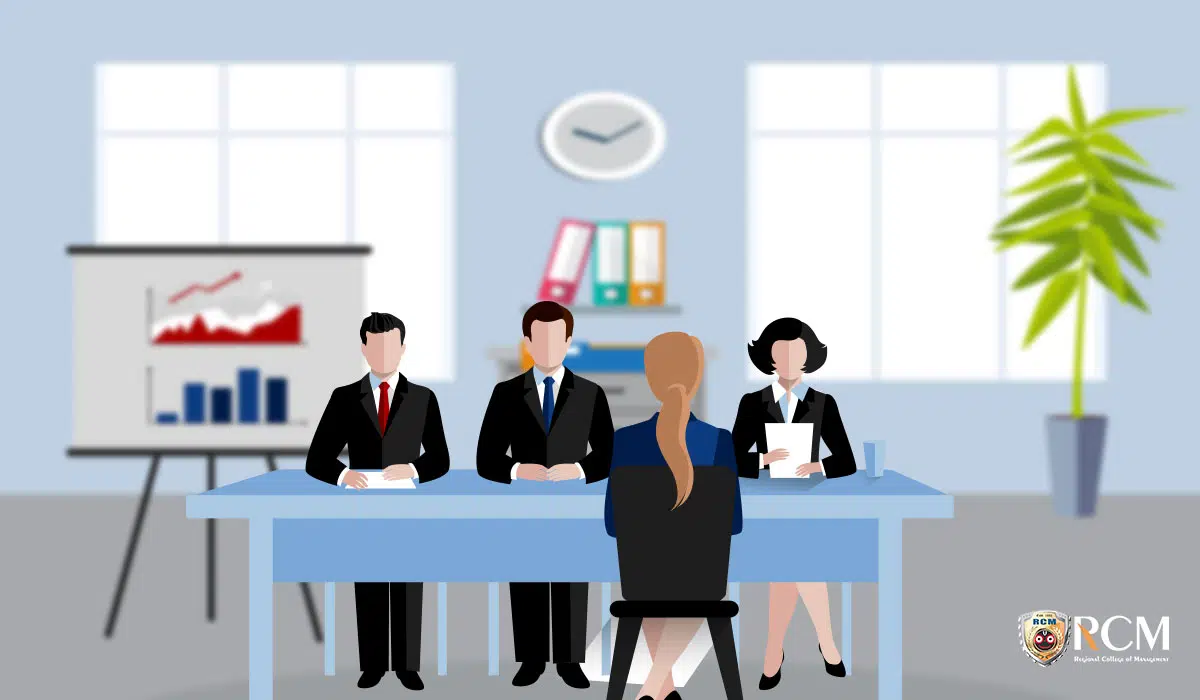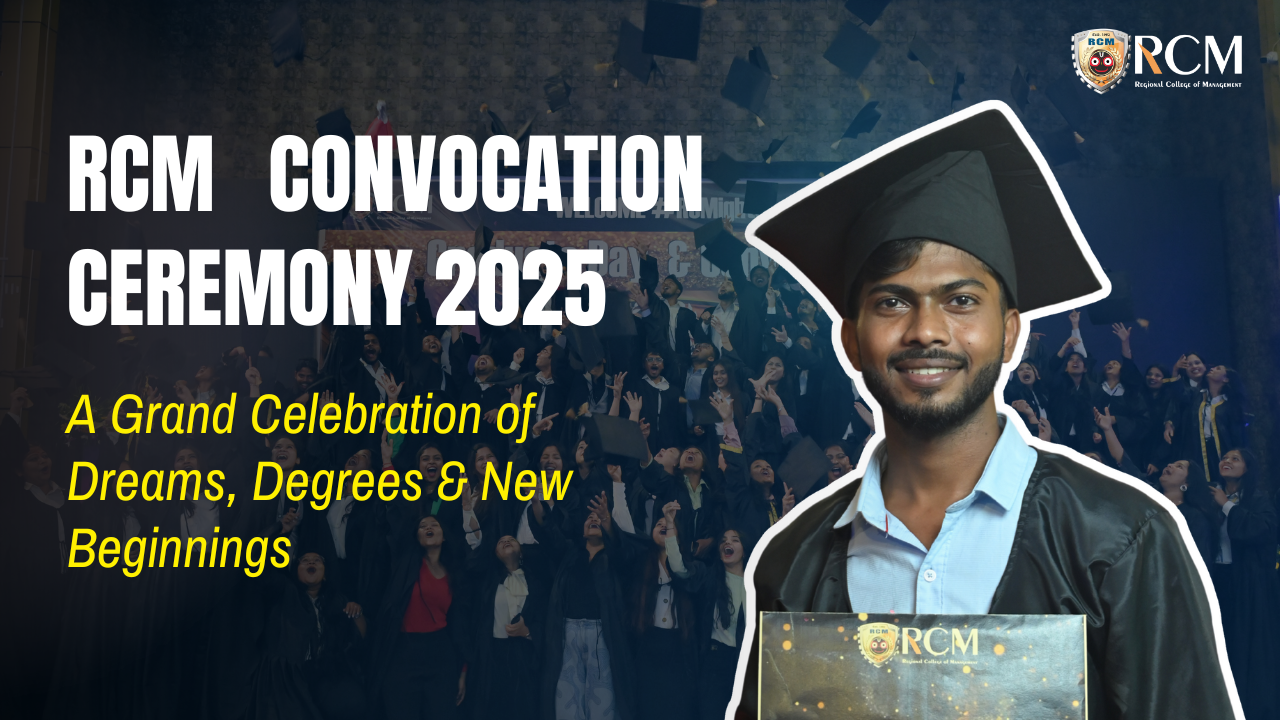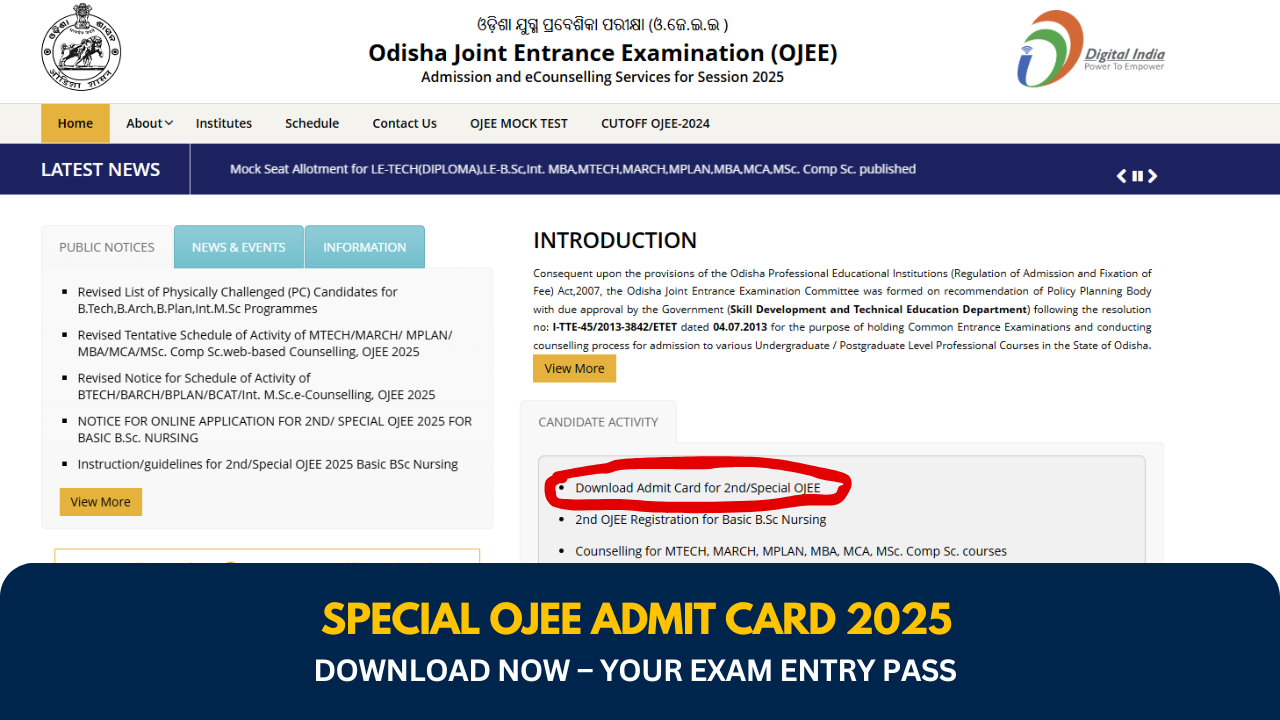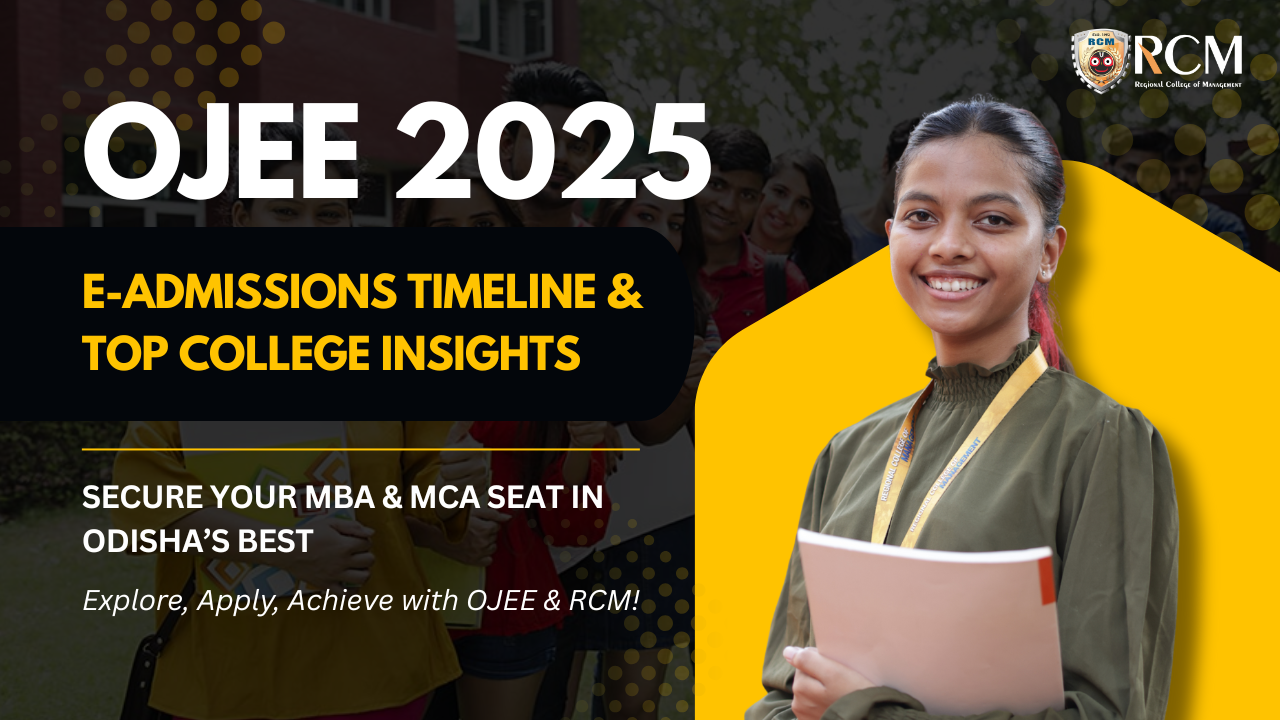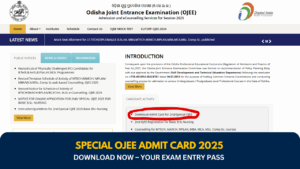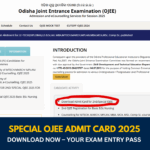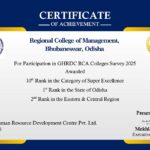An Introduction
The most essential thing to remember before going to an interview is to prepare. A simple and smart preparation will help you improve the interview and continue your path to it.
The first thing one can do before sitting for an interview is research. Research is the key to acquiring a larger portion of information, particularly about the company, the cell, and general background knowledge.
Browse for information on the internet. Find out who will be interviewing you and go over the job description thoroughly, so you know what to expect. It’s also interesting to study industry-related news or activities, as this demonstrates interest. These pointers will assist you in completing your pre-interview homework.
Prepare A Few Questions of Your Own In Advance.
Have a few questions prepared for when the interviewer asks if you have any. This shows that you’re prepared, passionate, and dedicated to the position and the company. Try to come up with some less obvious yet interesting questions that will help you stand out from the crowd.
Review Your Own Resume.
A resume plays a vital role in landing an interview. Always try to make the resume more attractive, which helps a lot of scope. It is also important to put each single achievement on the resume because 40% of the questions we will be getting from them will be based on the skills and qualifications one has. Hence, updating the resume is important and one should be confident enough to answer it, at least from the CV perspective.
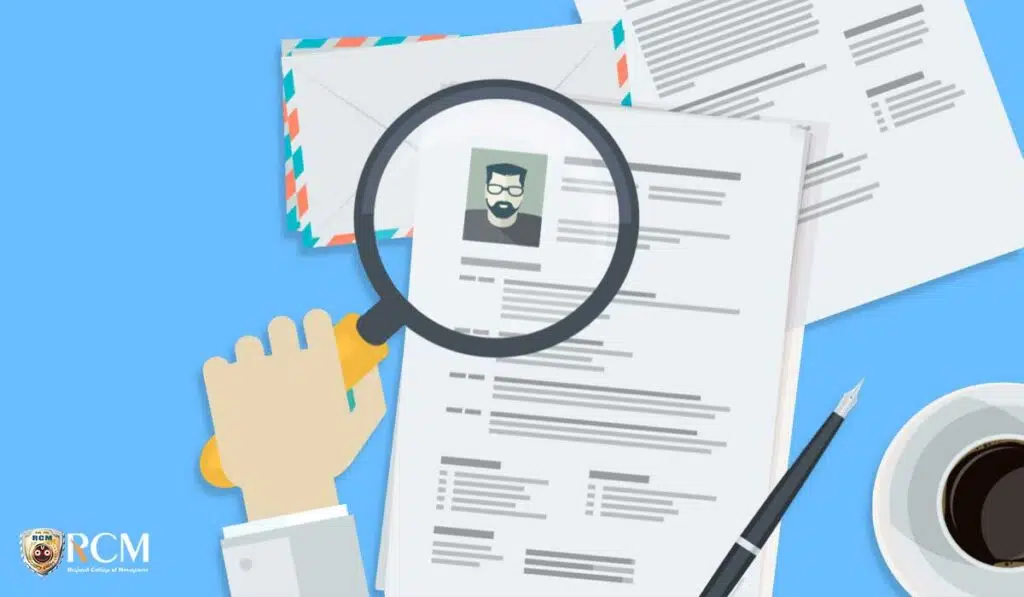
Gain Knowledge About The Organization And The Interviewers.
It is actually necessary to have a thorough grasp of the company and the interviewer’s function within it. This knowledge might help you to feel more at ease throughout the interview. Explore the company’s website, some recent press releases, and all the social media postings to learn about its objectives and how your background qualifies you for the position. Look out for the company’s mission statement and primary targets so you can discuss them with the interviewer.
Learn About The Format Of The Interview.
Find out what style of interview you should expect from each company. Some people will ask you questions like brainteasers, case studies, or standard interview questions. Most will ask detailed questions about the position, and you may be required to solve an issue or execute a daily assignment. Inquire with the human resources manager about what to expect so that you can be fully prepared.
Prepare Answers to Frequently Asked Interview Questions.
Prepare to be asked some basic inquiries, such as ‘Tell us about yourself.’ Answer this question by describing your background and what qualifies you for the position. This is the most effective method of delivering your customized impromptu speech.
During The Interview, There Are A Few Things To Keep In Mind.
Follow the interview tips below will help you succeed once you’ve prepared for the interview:
- Prepare for your interview the night before.
- Bring copies of your resume, a pen, and a notebook.
- Make a note to come 10 to 15 minutes early on your schedule.
- Make a good first impression.
- Be confident and show respect to everyone you encounter.
- Be upbeat and genuine.
- Be sincere in your responses.
- Relate your responses to your achievements and abilities.
- Answers should be concise and targeted.
- Positively describe your prior employers.
Aside from the benefits we’ve discussed, there are a few things to consider.
Even if you’re extremely qualified, bad manners at a job interview could hurt your chances of securing a job. It’s crucial to strike the perfect balance between projecting confidence while staying humble and courteous. Avoid these interview etiquette blunders, such as:
Showing Up At The Wrong Time
When it comes to arriving at the right time, most interview candidates are worried about being late. But arriving too early is also poor etiquette. Aim to arrive no more than 10 minutes early.
Having Just One Interaction
In many interviews, there are two or more interviewers present, and neglecting certain members of the interview committee might harm your chances of getting the job. Make eye contact with everyone conducting the meeting and talk directly to them one at a time. Many job seekers only address the person with the highest position in the room, which comes across as unpleasant.
Inappropriate Attire
Inappropriate clothing communicates a number of messages. You come across as careless, inconsiderate, rude, and unprofessional, as well as indicating that you aren’t serious about the prospect. Most interviewers prefer to see a job prospect who is overdressed rather than underdressed, but keep in mind that overdressing to an extreme can also make a bad impression. Learn about the company’s dress code by doing some research. If you’re interviewing for a journalist post, for example, you shouldn’t wear a complete suit, but it could be fine for a bank one.
Interviews Conducted Over The Phone Or Over Video Should Not Be Taken Lightly.
Although many initial interviews are performed over the phone or over video, you should not take them lightly. The rules of formal interview etiquette are still applicable.
Before the interview, make sure your microphone and camera are in working order. Set up in a quiet location and don’t accept calls, answer the door, or chat to anybody else throughout the interview. If you reside with relatives or roommates, inform them that you will be interviewing and that they should not bother you during that time.
It’s also OK to have your notes and resume there next to you throughout the meeting for reference.
Poor Body Language And Communication
During an interview, bad communication or body language can disqualify you, no matter how useful or intelligent your responses are.
During the interview, focus on being kind and clear in your communication. No matter how excited you are about answering the question, don’t interrupt. If you speak before the interviewer has finished, instantly apologise, and allow them to continue speaking. When it’s your turn, speak properly; rambling comes across as insensitive, and it lowers your confidence. Keep your body language in mind. In stressful situations, nervous habits like rubbing or tapping your knee are natural, but in an interview environment, you risk looking unpleasant or impatient. Maintain a straight posture and avoid fidgeting as much as possible.
After The Job Interview
One of the most difficult aspects of interviewing is choosing how long you should wait to follow up after the interview. If the recruiting manager does not provide a timetable at the conclusion of the interview, gently inquire (before you depart) when you may expect to hear from them if they decide to go further. Before following up, respect the deadline they’ve given you.
